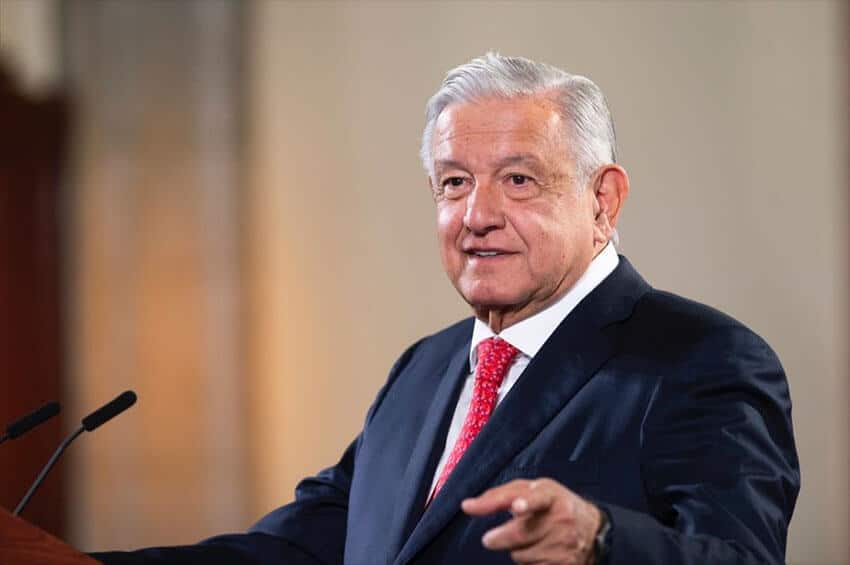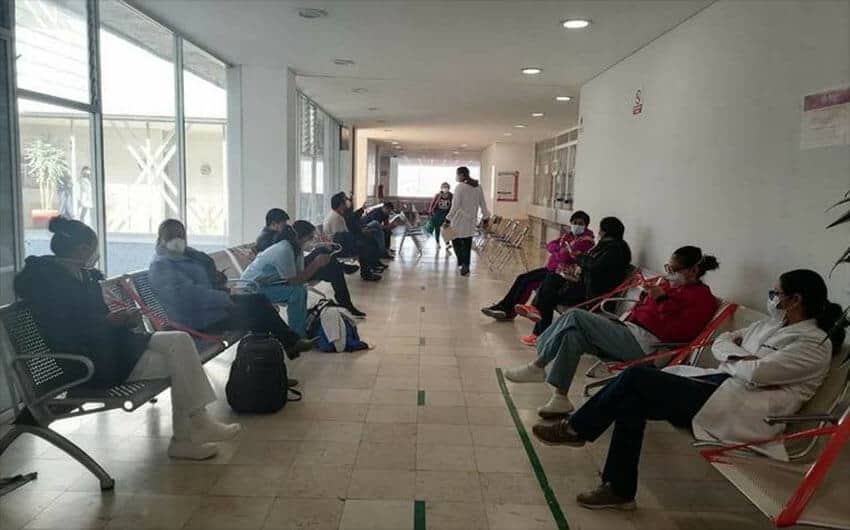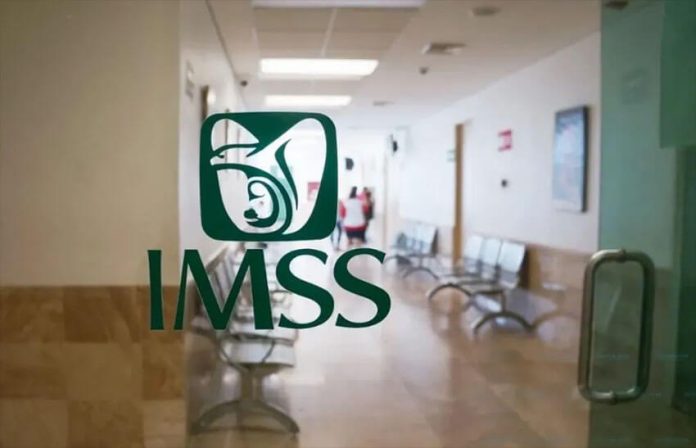President López Obrador’s goal of providing completely free medical care and medications to all public health system patients within a year is unachievable – at least without a massive increase in health sector investment, according to medical professionals who spoke with the newspaper El Universal.
López Obrador on Thursday accepted that some public health system patients are paying for medical services and medicines that are supposed to be free. He claimed that the practice of charging public health system patients is a relic of the old “corrupt regime” and difficult to eradicate. Nevertheless, he committed to putting an end to the practice within a year.
“I can’t leave government” until medical care and drugs are completely free in the public health system, López Obrador said.
“That doesn’t mean I’m going to stay [in power]. I believe that in a year at the most you will no longer be able to say that [public health system patients are paying for medical care and medicines],” he told a reporter at his regular news conference.

“… We already have this very clear commitment: [free] medical care for everyone regardless of whether you have … insurance or not. … This is the welfare state, the right to health that is enshrined in the constitution,” López Obrador said.
It’s not the first time that the president has made an ambitious pledge to improve the public health system. He promised in early 2019 that Mexico would have a health system comparable to those in Canada, the United Kingdom and Denmark in two years.
Xavier Tello, a surgeon and health policy analyst, told El Universal that establishing a completely free universal health care system is not something that can be achieved in two years – AMLO’s term ends in 2024 – or even an entire six-year period of government.
“It’s something that takes decades. … [Countries] that have created [universal] health care systems, like the United Kingdom or the welfare states of the European Union, it took them decades because it’s not something that can be done from one day to the next,” he said.

Tello said that the government doesn’t have enough money at its disposal to offer free health care and medications to all Mexicans. Among OECD countries – most of which are high-income nations – Mexico invests the least in its public health system on a per capita basis, he said.
Germany spends more than US $5,000 per person annually and the U.K. spends $4,200 per potential patient but Mexico only invests $620, Tello said. In order for Mexico to have a high-quality universal health system, the health care budget needs to increase eightfold “and that won’t happen,” he said.
Samuel Ponce de León, a medical doctor and National Autonomous University (UNAM) health academic, said that talking about the creation of a free universal health care system is much easier than actually doing it.
“Having high-quality [and free] medical services requires large investment, great preparation … [and] extensive infrastructure capacity,” he said. “To say that in one year we’re going to have free [medical] services could effectively be achievable but … [establishing] a good health health system [in that period of time] is not a real possibility,” Ponce said.
Mexico’s public health care facilities and the level of training doctors have are currently “not optimal,” he said. “Building a good health system isn’t done only with words. … You have to make a great effort, [have] great planning and … [make] a large investment in human resources … and infrastructure,” he said.
Alejandro Jácome, a surgeon and UNAM academic, said López Obrador has good intentions but predicted that he won’t achieve his stated goal. To be in a position to offer free medical care and drugs to all public health system patients the government needs to make a “very large” investment in the sector, he said.
“But what we’ve seen in recent years is that the health budget hasn’t increased,” Jácome said.
With reports from El Universal
